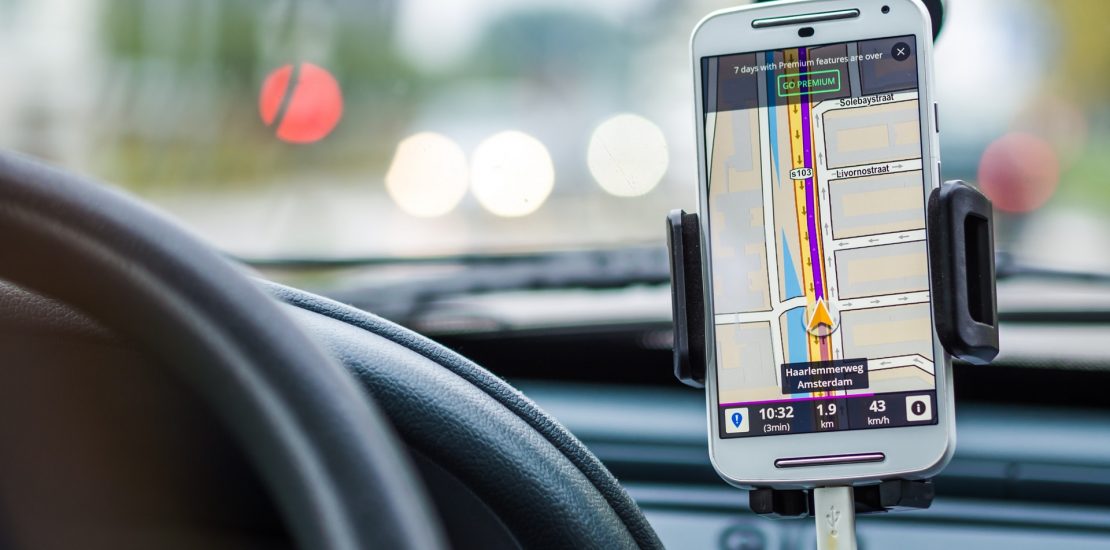- July 10, 2019
- Posted by: guyadmin
- Category: Safety, Privacy & Security

Technological developments brought us great comfort in the last few years, by making our lives more comfortable than they used to be. However, these developments put at risk our privacy. While the obvious examples like phones and computers are known and used non-stop, this applies also to other devices we never thought of before.
For example, our cars. Cars today can have a lot of information about you- from trivial information like contacts or music taste, to a more personal data like destination history and camera footage. That’s not including the data collected in the car’s black box, an “event data recorder”, that’s installed in 96% of the cars. The recordings of the box are connected to a car’s central computer system, it collects all the data that comes through, including personal information, without this information even being encrypted. With no need for a warrant, the privacy of people is in jeopardy.
Up until now, police officers in the US didn’t need a warrant in order to get access to the information. In Carroll v. United States, a case from 1925, the US Supreme Court established that police need only probable cause to search vehicles, which provided an exemption from the 4th amendment requirement for warrant.
However, a Georgia Supreme Court case could change that. The Mobley v. State case originates from a fatal car crash in 2014. Mobley was found guilty in 2017 but appealed the conviction, claiming that the police needed a search warrant to get the data from the car’s black box.
Georgia’s prosecutors said that downloading black box data at car crashes was a common practice, especially when it involves serious injuries or death. However, American Civil Liberties Union attorney Nathan Freed Wessler claimed that “Cars today aren’t just metal boxes on wheels, they’re roving computers that contain a stunning array of information”, and because of that, they argue that a warrant is needed.
It’s the first time a state supreme court is looking at the argument. The ruling will have a major effect on future cases regarding technology and privacy in our era.
